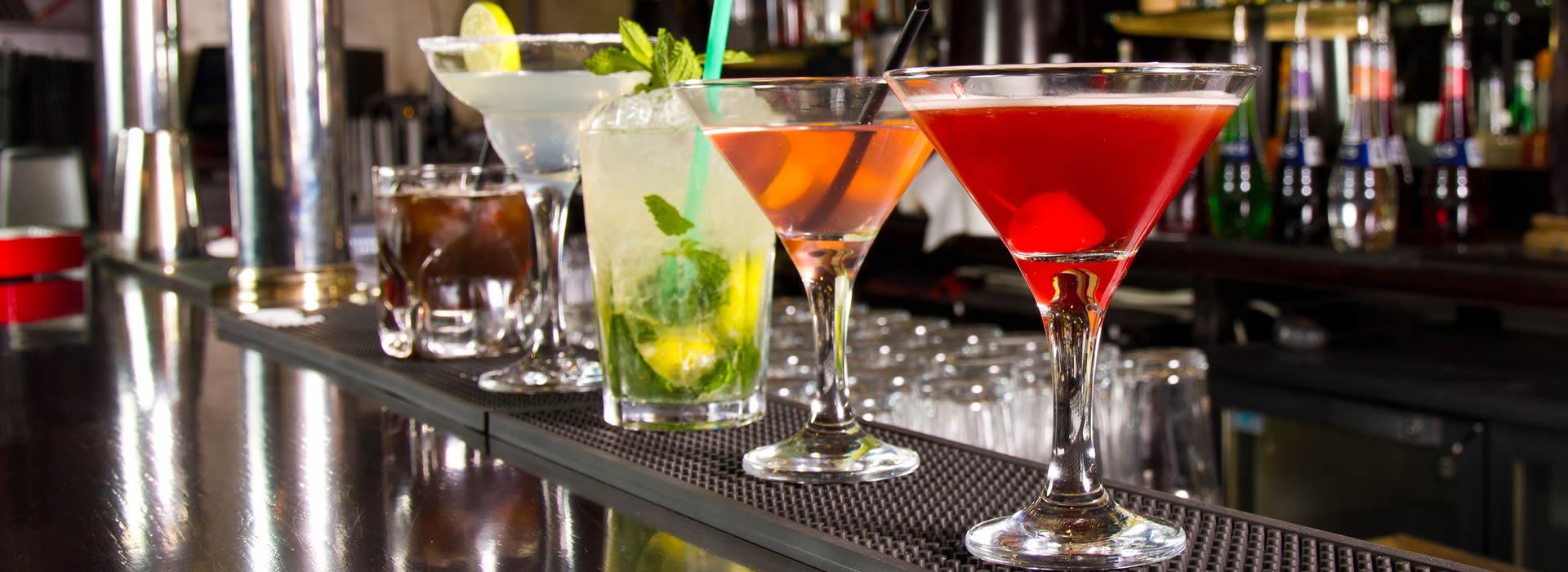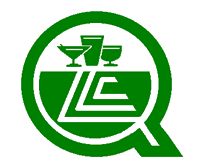Applying for Liquor Licenses
We offer professional services to ensure applicants obtain a licence in the least time, with as little stress as possible.

Applying for Liquor Licenses in Queensland
In Queensland, liquor licenses are regulated by the Office of Liquor and Gaming Regulation (OLGR). We offer professional services to ensure applicants obtain a licence in the least time, with as little stress as possible, with a minimum amount of input from the client, at a reasonable cost, bearing in mind the complexities of the process.
Depending on the type of liquor licence required for your business, each liquor licence application has different requirements, ie some require a RAMP (Risk Assessed Management Plan) and a CIS (Community Impact Statement), different processing times, application fees and annual renewal fees. No two applications are the same and often time consuming problems arise if the Application and supporting documents are not presented in a professional way.
All liquor licence applications are required to have town planning approval for the intended use from the local council before their application will be accepted for consideration. In most cases we can research this and download sufficient evidence to satisfy OLGR.
Types of Liquor Licences
Commercial Other – Subsidiary ON Premises licenses. – Where the selling of liquor for on-premises consumption is a secondary function of your business. –
- Restaurant/Café – Licensees must provide meals or prepared food on the premises as the principal activity of their business.
- Motels/ Holiday Parks – Where the principal activity is the provision of accommodation.
- Indoor Sporting Centres/Amusement Parks – Where the principal activity is Sporting and Leisure activities e.g. Bowling Alleys, Indoor Cricket, etc.
- Theatres – Where the principal activity is Cultural, Theatrical or Cinematographic presentations. E.g. Event Cinemas, Cirque du Soleil type presentations.
- Caterer – Where the principal activity is provision of catering services.
- Functions – Where the principal activity is provision of premises and catering facilities for use by persons genuinely attending a function on the licensed premises. E.g. Wedding venues.
Commercial Other – Subsidiary OFF Premises licenses – where liquor for off-premises consumption is a ‘subsidiary’ activity of your business. E.g. Organic shop selling organic products and organic liquor, South African shop selling South African products and South African liquor. Please note liquor is limited in quantity and must be with the sales of other products.
Commercial Other – Bar Licence – Where your main business activity is selling liquor for consumption on licensed premises with a maximum seating capacity of 60 patrons and maximum public usable floor area of 150m2.
Producer Wholesaler Licence – When the main function of your business is either, or both:
- production and wholesale sale of liquor on the licensed premises
- wholesale sale of liquor (to other licensees) on the licensed premises.
Artisan Producer Licence – You can apply for this type of licence when the main function of your business is the production on the licensed premises of:
- craft beer in volumes greater than 2,500 litres but less than 5 million litres in each financial year
- artisan spirits in volumes greater than 400 litres but less than 450,000 litres in each financial year.
Commercial Hotel Licence – where the principal activity is the sale of liquor for consumption on the licensed premises, or on and off the premises.
Detached Bottle Shop – To apply for a detached bottle shop you must already hold a Commercial Hotel Licence. You can apply to operate up to 3 detached bottle shops within 10km from the main premises.
Community Club Licence –The Community Club licence applies to non-proprietary clubs (e.g. sporting clubs, RSL clubs).
Community other licence – The Community other licence allows for limited trading periods and applies to non-proprietary clubs that are also incorporated associations (such as charities) or unincorporated associations with an individual to hold the licence on the association’s behalf.
Nightclub licence – when the main function of your business is to provide entertainment. The person presenting the entertainment must be physically present while entertainment is being provided.
Wine Licence
There are two types of wine licenses available under the Wine Industry Act 1994.
Wine Producer licence
A wine producer licence allows the licensee to operate a vineyard or winery.
Wine Merchant licence
A wine merchant licence allows the licensee to conduct business that contributes to the Queensland wine industry in a substantial way, such as using Queensland fruit to make wine on another premise, or blending different wines to create a unique wine in the state.

FAQ Applying for Liquor Licenses
Office of Liquor and Gaming Regulation (OLGR) Updates
Compliance Checklist for Licensees and Permittees
We suggest all Licensees check their compliance level with this helpful guide:
Licensee Guidelines
We also suggest Licensees familiarise themselves on the numerous “guidelines” available to remind holders of licenses how to comply with the law. These helpful guidelines explain in simple language numerous management tips to keep within the complex boundaries of the Liquor Act.
Safe Precinct Zones
If you are contemplating new premises then check whether they are in a “safe night precinct”.
